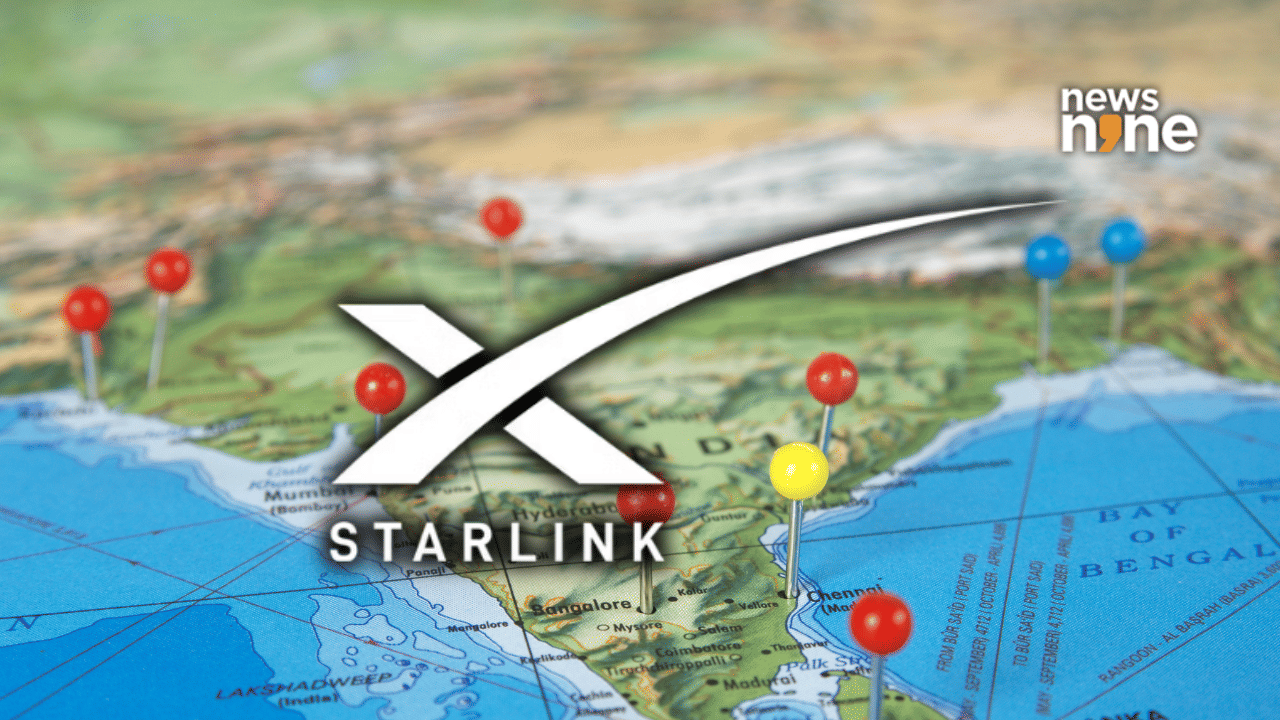New Delhi: Elon Musk’s satellite internet company Starlink is preparing for a major push into the Indian market, with plans to build nine gateway earth stations in key cities across the country. These ground stations will act as the central points through which satellite signals are routed, monitored and controlled before being transmitted to users. The development marks a crucial step towards the commercial rollout of Starlink’s satellite broadband services in India.
According to an Economic Times report, Starlink has applied for 600 gigabit per second capacity using its first-generation satellite constellation. The Indian government has provisionally assigned spectrum to the company for testing security compliance. For now, only fixed satellite services can be demonstrated during this phase.
Starlink lays ground infrastructure for satellite internet
The proposed gateway stations are expected to be located in:
- Mumbai
- Navi Mumbai
- Chennai
- Pune
- Noida
- Chandigarh
- Hyderabad
- Kolkata
- Lucknow
These stations are essential because government rules require all satellite communication traffic in India to pass through gateways located within the country. This ensures local data monitoring and compliance with national security regulations.
An official told Economic Times that Starlink has been allowed to import 100 terminals for testing. The company will not be permitted to offer commercial services until it completes the security demonstration phase.
Government imposes strict security rules
The Indian government has issued strong compliance guidelines for Starlink during the testing period. Officials have stated that satellite communication is considered a sensitive sector because of the risk of misuse by anti-national elements. Therefore, only Indian nationals will be allowed to operate these gateway stations until foreign personnel receive clearance from the Ministry of Home Affairs.
Security agencies had earlier flagged unauthorised use of Starlink equipment in border regions. Devices were seized in Manipur and the Andaman and Nicobar Islands, prompting heightened scrutiny. The government now requires all deployment data, including geo-coordinates and user information, to be shared with authorities every fortnight.
Starlink joins growing satcom race in India
Starlink is the third company to receive provisional airwaves for demonstrating satcom security compliance, after Bharti-backed Eutelsat OneWeb and Reliance Jio’s satellite unit. While licences have been granted, none of the players has yet received final security clearance to offer full commercial services.
Communications Minister Jyotiraditya Scindia recently said that satellite broadband services will begin once spectrum pricing is finalised by the Telecom Regulatory Authority of India. He added that rollouts will depend on how quickly operators deploy their infrastructure.
What comes next
Starlink’s push reflects growing demand for satellite connectivity across remote and rural regions where fibre and mobile networks are difficult to deploy. With nine gateways planned, the company appears to be preparing for large-scale deployment once approvals are in place.
However, commercial rollout will only begin after the security compliance period and regulatory pricing decisions are complete. For now, all activity remains in the testing stage, with no consumer services permitted.
